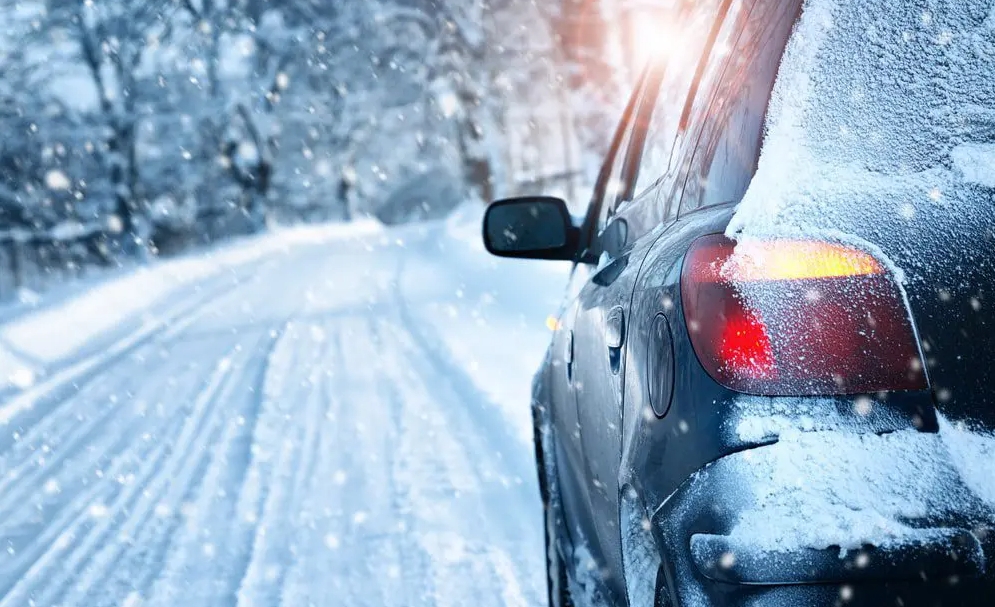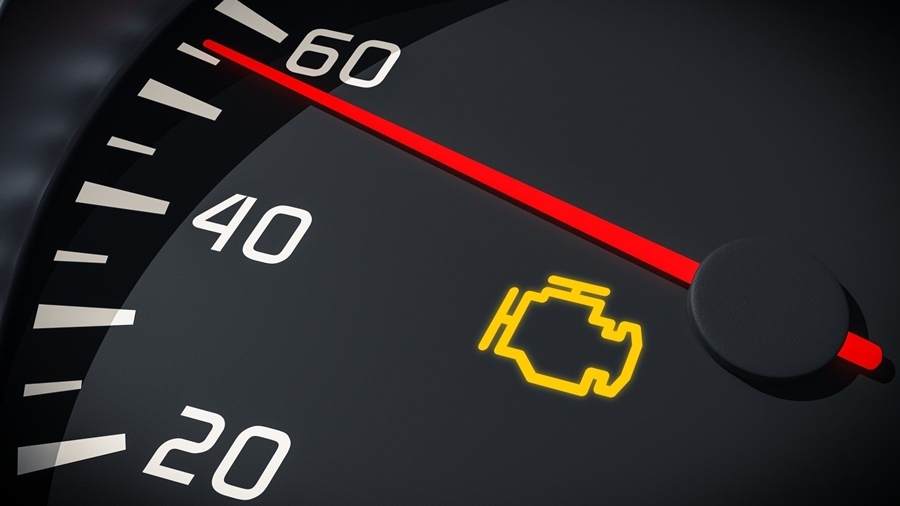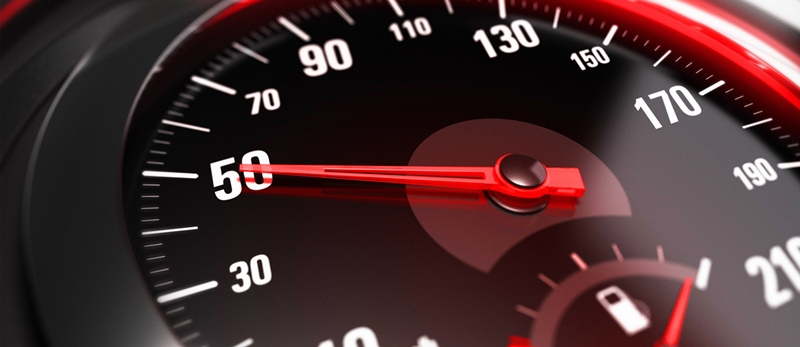When Mother Nature Triggers Your Light
Here’s something that might surprise you – the weather outside can actually cause your engine light is on but the car is fine situation! Environmental factors play a bigger role in modern car electronics than most people realize.
Winter Woes: Cold weather is notorious for triggering check engine lights. When temperatures drop below freezing, rubber seals contract, vacuum hoses become brittle, and sensors can give false readings. Your oxygen sensors, in particular, hate the cold and might not reach proper operating temperature quickly enough, causing your car’s computer to throw a code. In these cases, the engine light is on but the car is fine, and the issue often resolves itself when temperatures rise.
I’ve seen countless cases where someone’s check engine light comes on during the first cold snap of winter, only to mysteriously disappear once the weather warms up. The car runs perfectly fine the entire time – it’s just the sensors getting cranky about the temperature change.
Also read: Check Engine Light Is On But The Car Runs Fine 7 Shocking Reasons
Summer Heat Stress: On the flip side, extreme heat can cause different issues. High temperatures can cause fuel to evaporate more quickly from your tank, triggering EVAP system codes. Heat can also cause electrical connections to expand and contract, sometimes creating intermittent connection issues that your car’s computer interprets as problems. Once again, your engine light is on but the car is fine, adding to the confusion.
Altitude and Humidity Effects: If you’ve ever driven from sea level to the mountains (or vice versa), you might notice your check engine light appearing. The change in air density affects your engine’s air-fuel mixture, and sometimes the computer needs time to adapt. High humidity can also affect sensors and cause temporary codes—leading to scenarios where the engine light is on but the car is fine despite no major issues being present.
Regional Fuel Differences: Different regions use different fuel blends, especially seasonally. Winter gas blends versus summer blends can sometimes trigger codes if your car’s computer isn’t expecting the change. This is especially common if you’ve recently moved or taken a long road trip.





